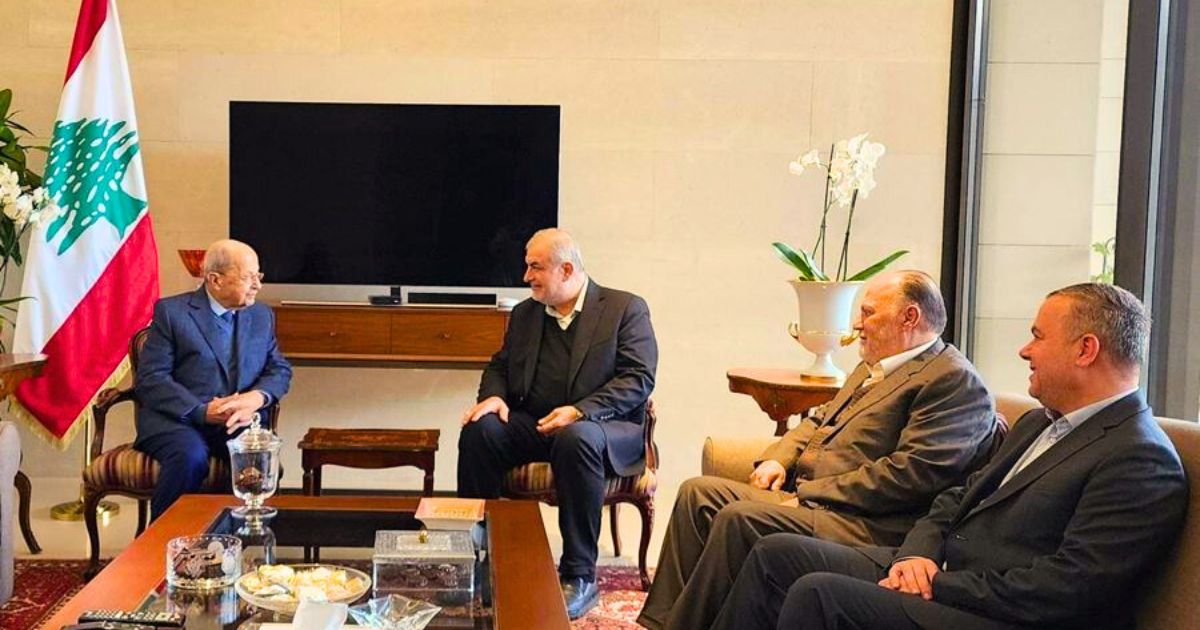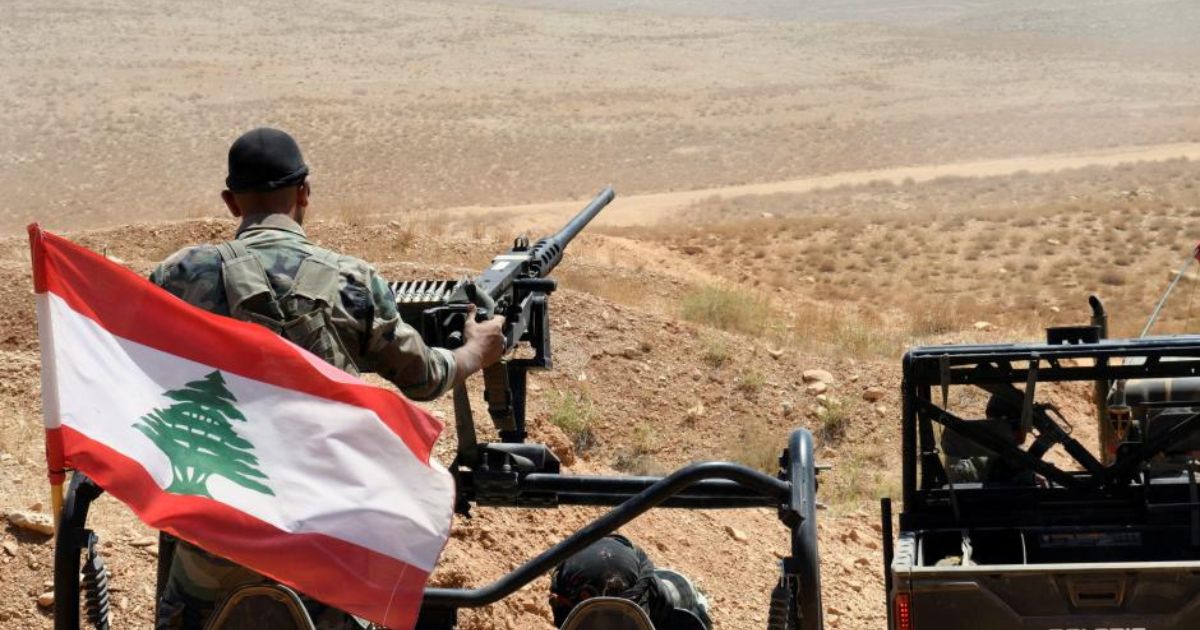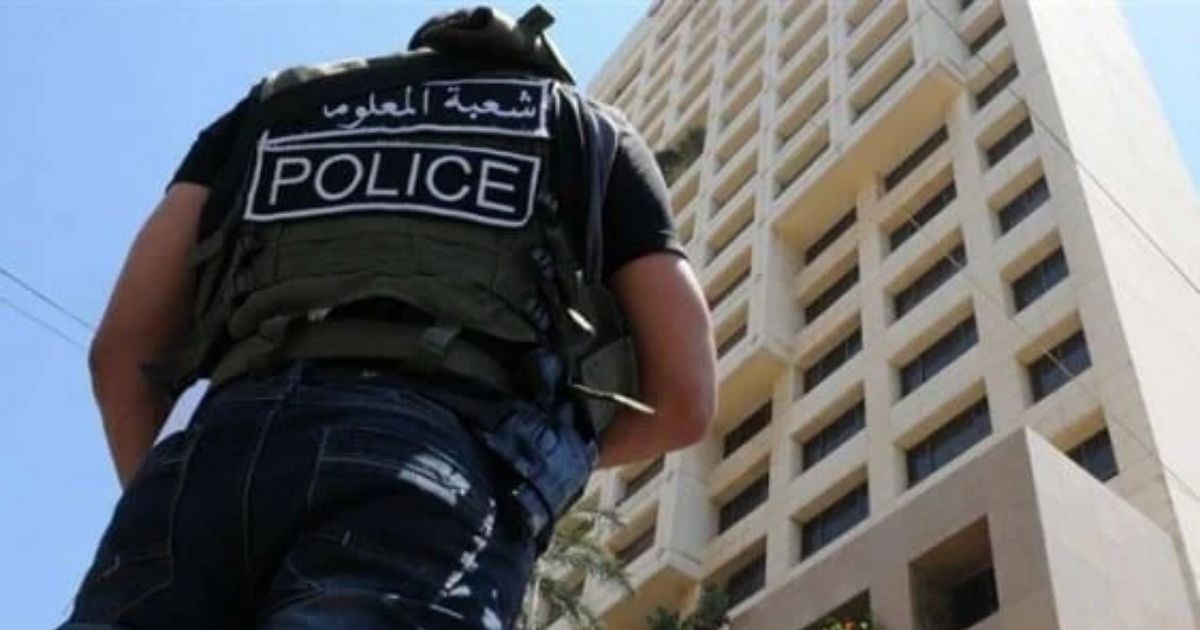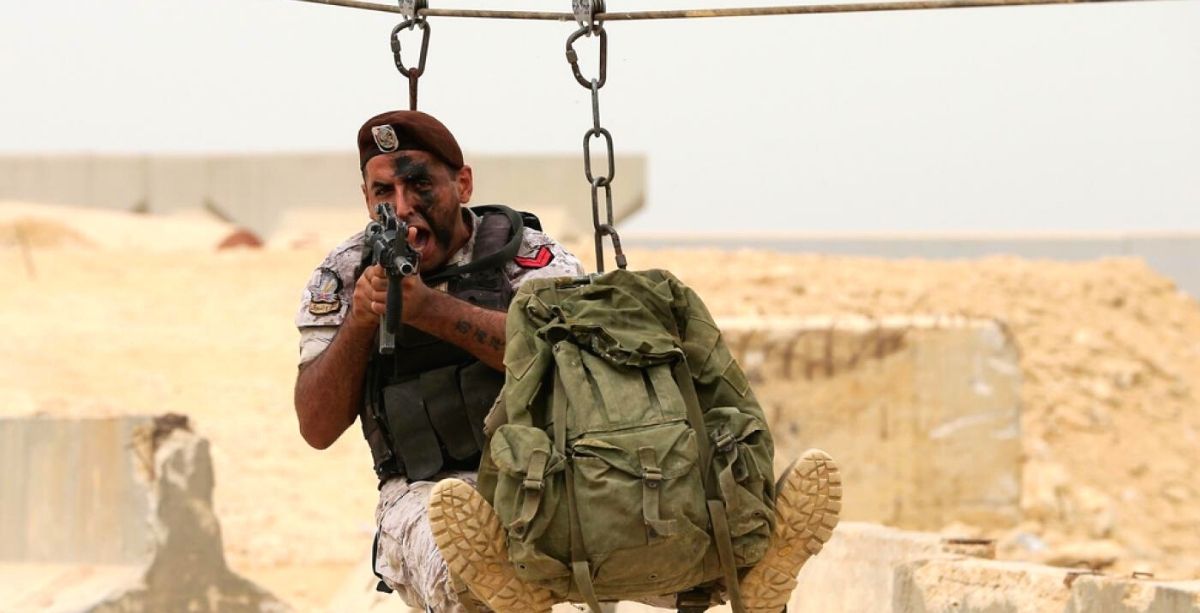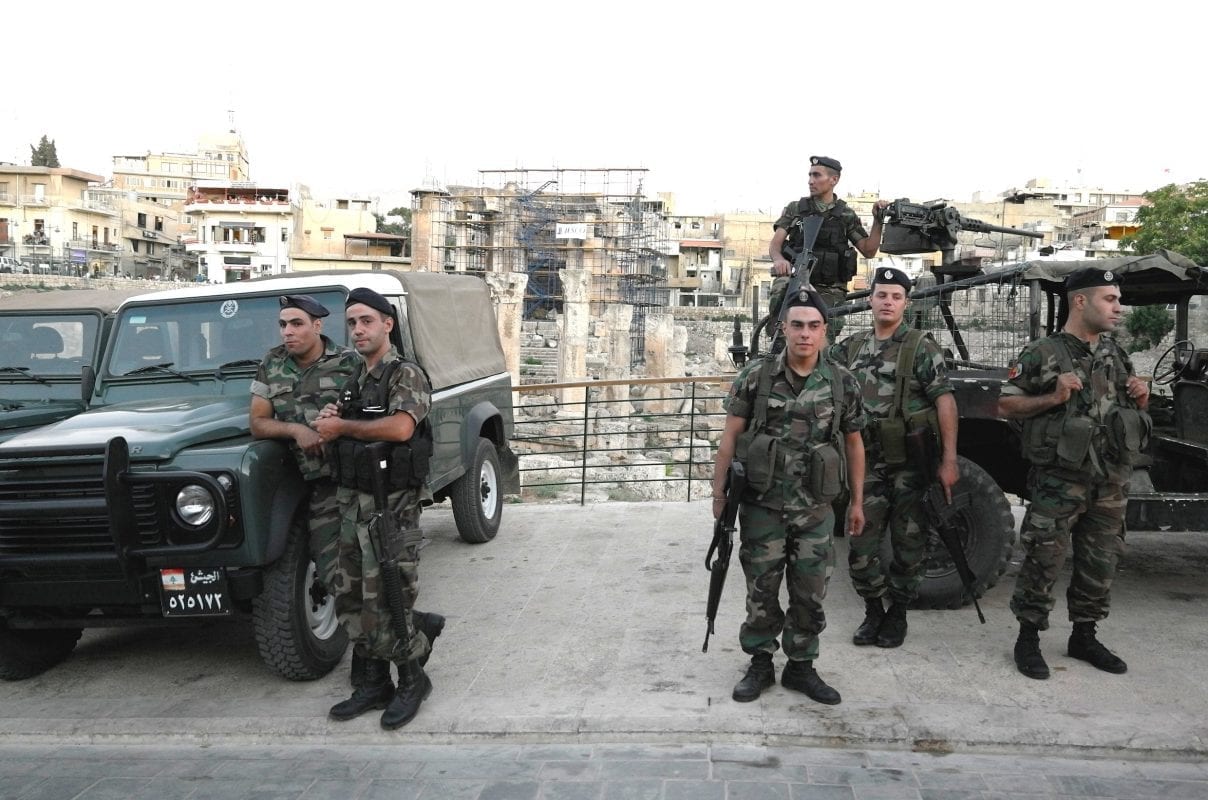The American Embassy in Lebanon, infamously located in Awkar, is probably the most protected building in the entire country.
The painfully high redundant security measures, which any visitor needs to undergo, are often seen as a bit exaggerated. And then something like this happens.
As The Daily Star reports, a Syrian national has been found guilty of belonging to the international terrorist organization ISIS and plotting to commit “acts of terror” within Lebanon’s borders.
Namely, the individual was found guilty of plotting to bomb the American Embassy in Awkar.
Judge Mona Hankir ruled on the 23rd of January 2020 that the individual with the initials “A.S.” was found guilty of belonging to ISIS, as well as of recruiting other members to join the organization for neighboring Syria and from inside Lebanon.
He is further accused of allegedly ordering these new recruits to produce bombs and other explosives in order to be used in the plot to commit a series of bombings across Lebanon, including the plot to bomb the American Embassy in Lebanon. Nothing further has been reported on this at this stage.
The American Embassy in Lebanon has been subject to threats in the past. On April 18, 1983, the US embassy suicide bombing in Beirut killed 32 Lebanese, 17 Americans, and 14 visitors and passers-by.
The victims were mostly embassy and CIA staff members, but also included several U.S. soldiers and one U.S. Marine Security Guard.
It was the deadliest attack on a U.S. diplomatic mission up to that time and was considered the beginning of Islamist attacks on U.S. targets.
The attack came in the wake of an intervention in the Lebanese Civil War by the U.S. and other Western countries, which sought to restore order and central government authority.
The car bomb was detonated by a suicide bomber driving a van packed with nearly 900 kgs of explosives.
U.S. President Ronald Reagan back then denounced the “vicious terrorist bombing” as a “cowardly act,” saying: “This criminal act on a diplomatic establishment will not deter us from our goals of peace in the region.”

